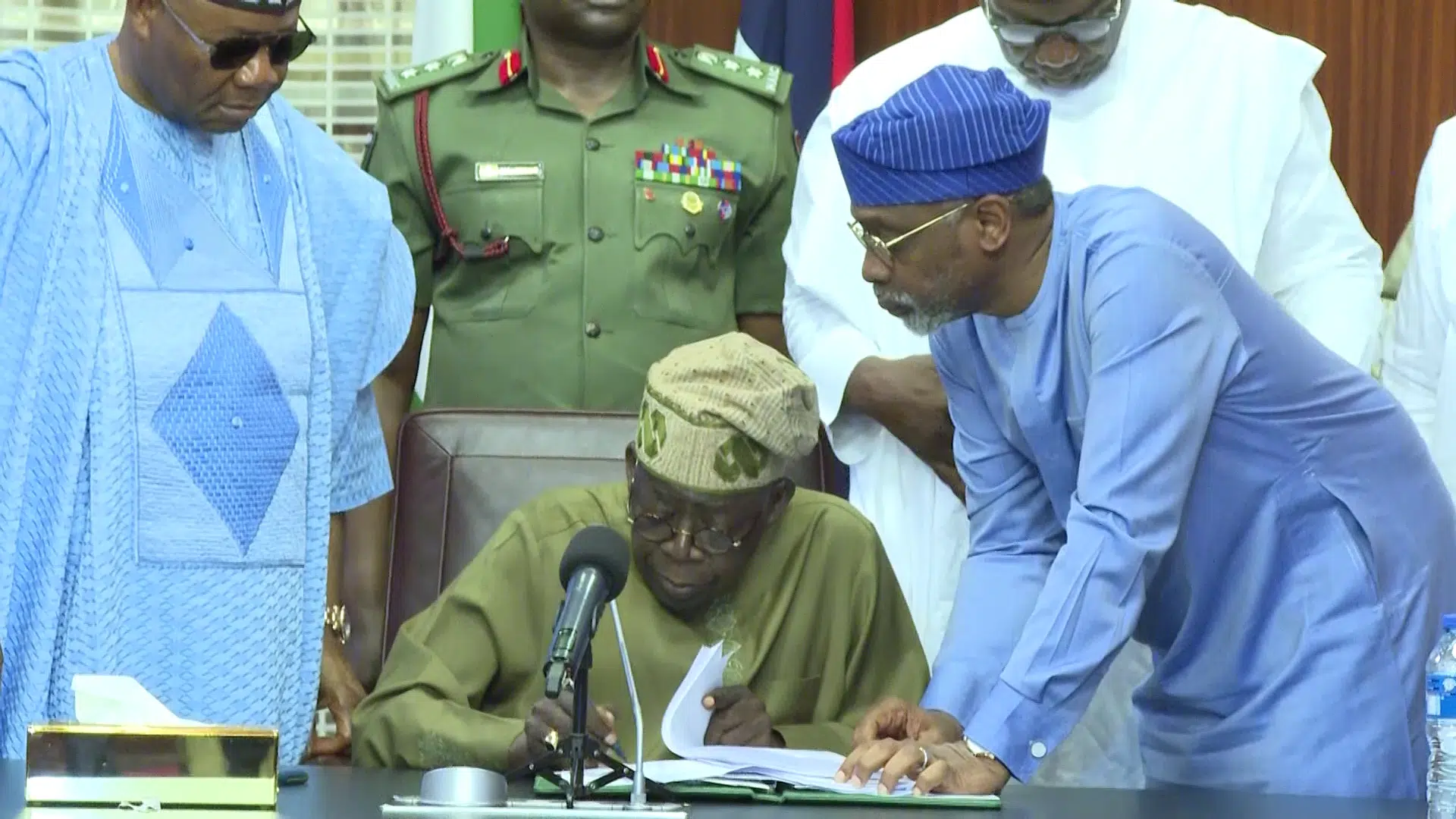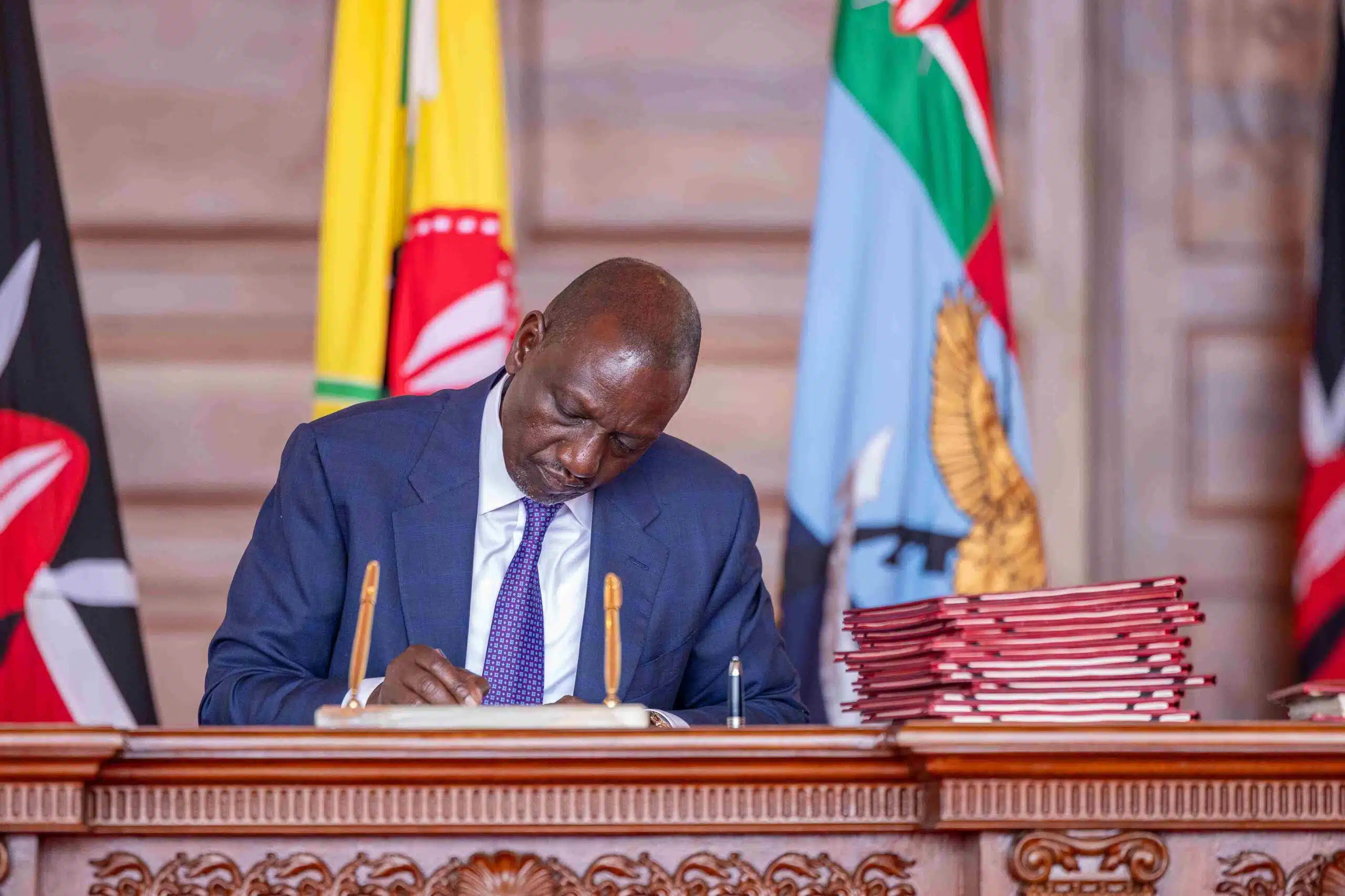Nigeria’s inflation rate declined sharply to 24.8% in January from 34.8% in December 2024, following an overhaul of the Consumer Price Index (CPI) methodology by the National Bureau of Statistics (NBS).
The rebasing exercise, the first in 16 years, aims to better reflect current consumer spending patterns by updating the reference year and adjusting the basket of goods and services used to measure inflation.
The NBS, during a press briefing on Tuesday, clarified that the drop does not indicate a decline in general price levels but is instead a result of the rebased methodology.
“Unlike in the past, where the base year was 2009, the base year for the rebased CPI is 2024. Meaning, we are comparing prices in 2025 with prices in 2024 instead of 2009. Also, the CPI baskets are not the same,” the agency stated.
According to the new CPI figures, food inflation stood at 26.08% in January, down from 39.84% in December, while core inflation, which excludes volatile food and energy prices, fell to 22.59% from 29.28%.
Urban inflation was recorded at 26.09%, while rural inflation stood at 22.15%, both showing significant adjustments from December’s numbers under the old methodology.
The Statistician-General of the Federation, Adeyemi Adeniran, defended the rebasing exercise, emphasising its necessity for accurately measuring economic indicators. “If Nigeria is to make the desired progress and development, it is imperative that NBS, as the official producer of data, plays its role adequately in providing timely, accurate, and reliable statistics,” he said.
Adeniran also dismissed concerns that the overhaul was politically motivated, stressing that the process aligns with international standards. “Contrary to speculations, the exercise was not meant to suit the expectations of anyone or entity, but simply to measure accurately in line with the global standards and practice.”
The rebasing, which was earlier scheduled for the end of last minute, is part of a broader effort to modernise Nigeria’s economic data collection.
With the revised inflation data now available, Nigeria’s central bank will assess its impact on monetary policy decisions as it prepares for its first Monetary Policy Committee meeting of 2025, set to begin on Wednesday.







